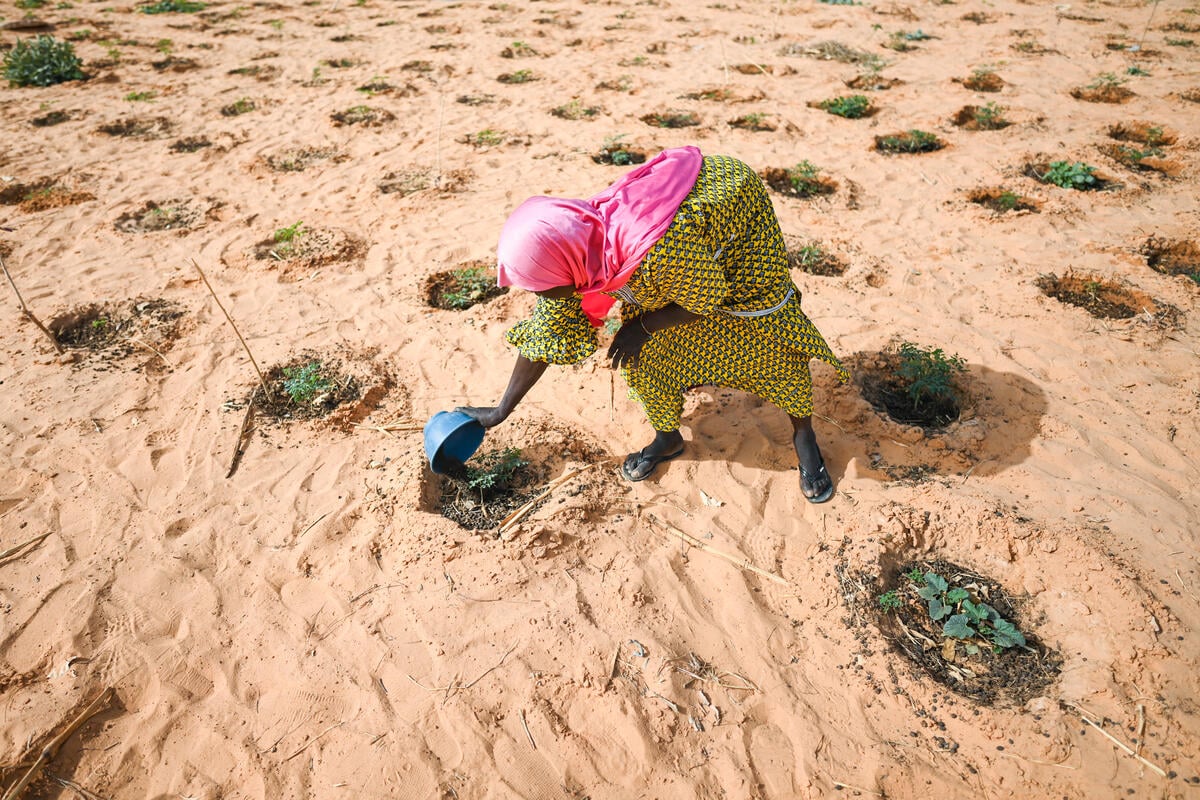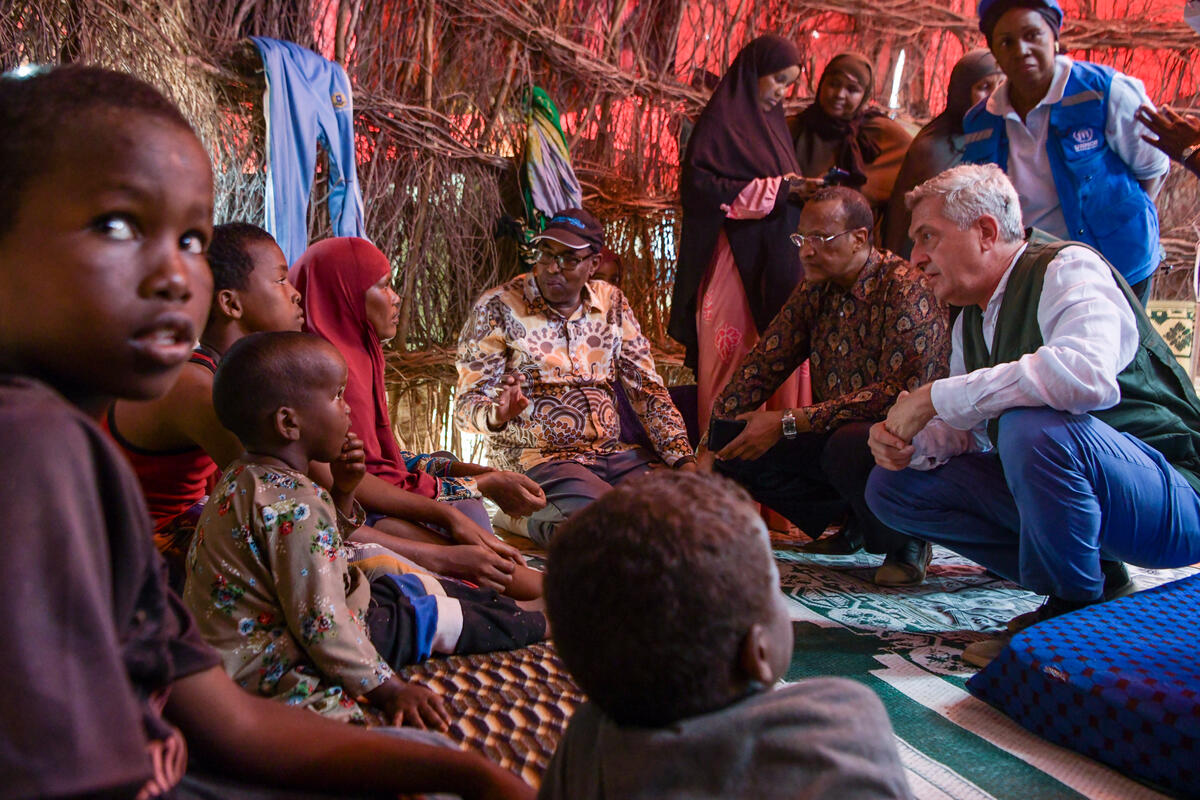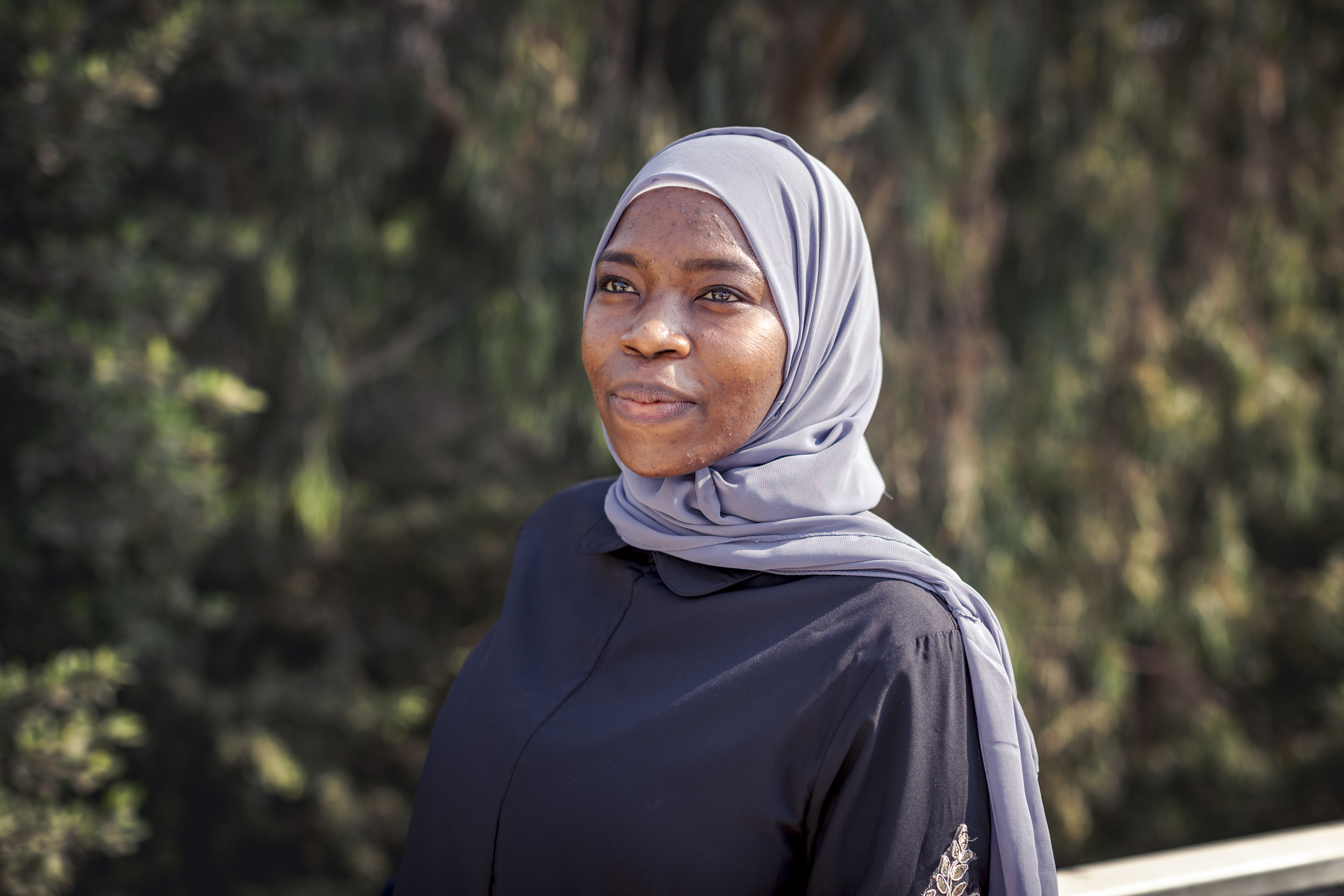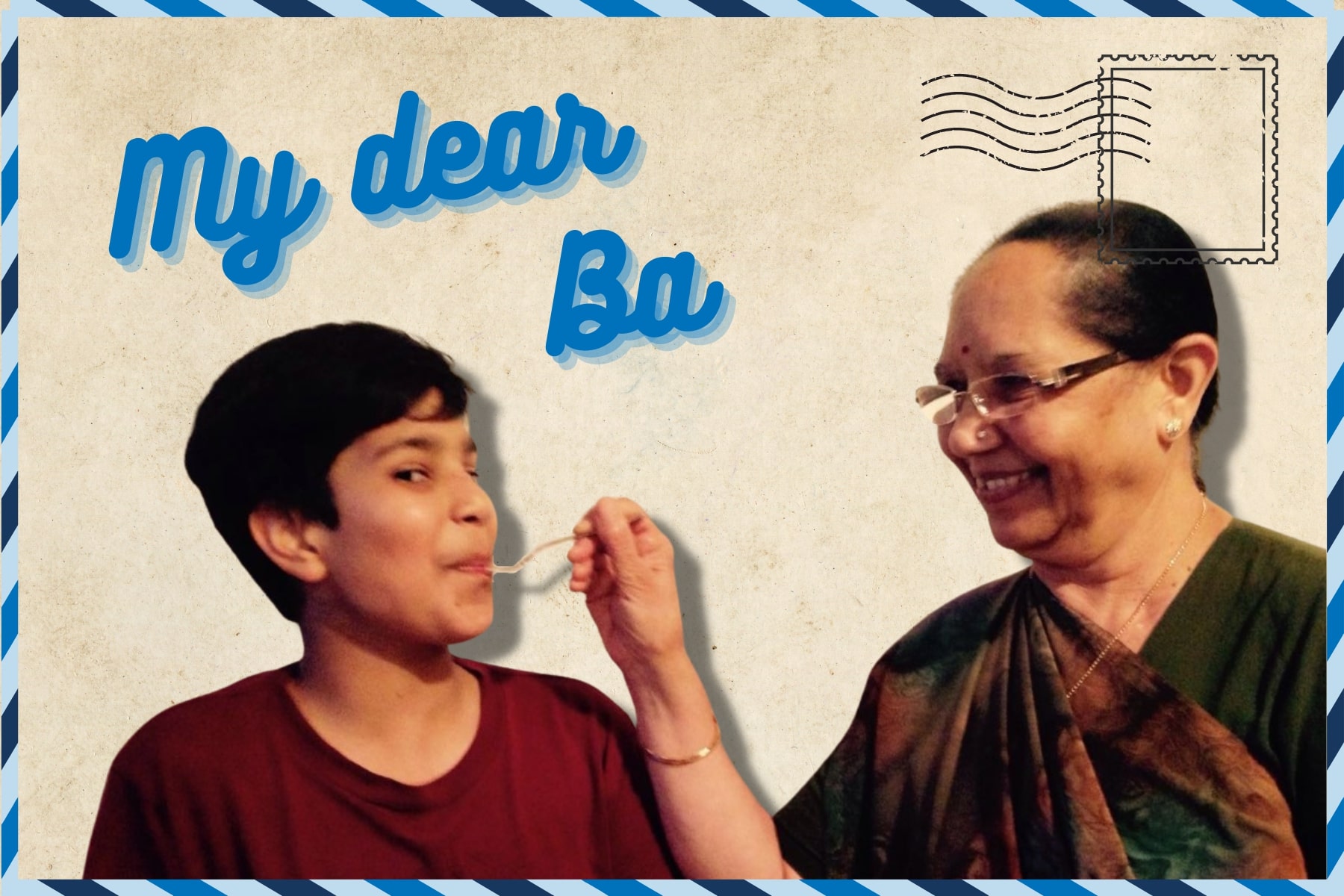How I became a refugee from Burundi

How I became a refugee from Burundi
Twelve-year-old Charles* crossed the border on 23 April, one of 25,000 people who have fled to Rwanda in recent weeks to escape worsening violence ahead of next month's elections in Burundi. We met several days later at the Bugesera reception centre, where he was staying with his mother, two siblings and two other families from Bujumbura. A calm and serious boy, he gave a long and detailed account of their fearful escape. These are his words:
"I was at home one evening and I went to a shop to buy something. On my way, I met with men who were wearing long, black coats and they had knives. I hid because my father had told me to hide if I saw people like that. My house is a bit far from the shop. These two men found an old man who was sleeping on the street. When he screamed, people came and stopped the men from killing him.
"The next day I went to school. There was someone who had been killed and was in a mat. My school is near a bush. He was probably dead for a week. I was very scared and my mom told us that we are going to Rwanda.
"I saw that the tree next to our house door had been painted in red. I don't know what it means. [Charles's mother and other refugees say that agitators have been marking certain homes with red paint, threatening to rape or kill those who do not support the ruling party.]

"When I got back from school on Wednesday, my mum told me that we would leave to go to Rwanda. On Thursday, I was going to do the national exam. I miss school because I had friend with whom I used to play.
"In school, they would not let us talk about these issues. Our teacher told us that when we are on the street, we should not talk about politics. We were only talking in secret. We would talk about why people would kill others. We saw Imbonerakure [the youth wing of the ruling party] killing people and we were wondering why it was like that, why they do that.
"When we were on our way, I was thinking about my dad and my siblings. We left them at home.
"We were in the bus and it was very cold. I covered myself and I went to sleep. I dreamt that there was a war, that people were killing each other and that there were gunshots.
"There was a young man who saved us. If it was not for him, we would have been killed."
"When we reached Kirundo we stayed there for an hour. We boarded a minibus, but we were stopped by the police. They asked for our ID's [identity cards]. My mum gave them hers. The other women also did. They also asked for money. It was much. We gave the money. There was a young man who saved us. If it was not for him, we would have been killed. He talked to the police and they let us go. He was a man from Kirundo. That young man talked to the police for a long time and gave them money. He talked to someone on the phone and that person said that we should not go to the border because they would catch us. He then took us to his home for an hour.
"We asked the man to bring us bicycles. We rode bicycles, but on the way we were stopped again. We gave them money but they refused the money. They told my mother to get off her bike; otherwise they would cut us. My mum got off the bike and she ran. The road was with stones and she cut herself. I was very scared that she would not arrive. A man acted as if he was sick. They let us go and we continued the journey. I met my mother on the other side of the border. I was very scared because my mum said that if we don't meet at destination, she might have gone back to Burundi."
* Name changed for protection reasons.








